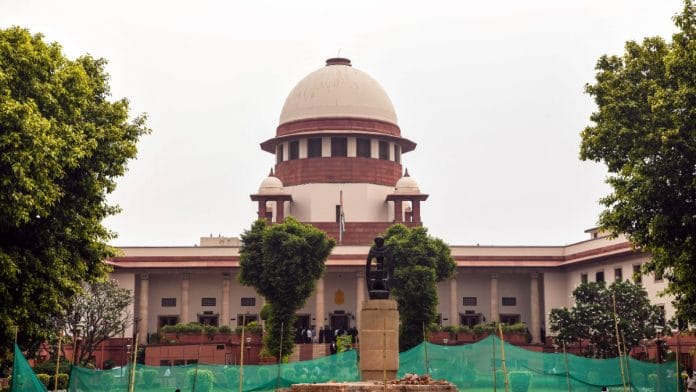New Delhi: The Supreme Court on Tuesday sent petitions challenging the sedition law – Section 124A of the Indian Penal Code – to a larger bench of five judges.
The three-judge bench, led by Chief Justice D.Y. Chandrachud, said a larger bench was needed as the provision was upheld in a 1962 judgement by a five-judge bench.
The judges ruled that it may not be appropriate for a smaller bench to “doubt or overrule” the 1962 judgement – Kedar Nath Singh vs State of Bihar.
In light of the ongoing discussions surrounding the sedition law, it is essential to consider the implications of the new criminal law bill that has been passed in the Lok Sabha, which redefines key legal concepts including sedition.
The top court also rejected a request by the Centre to defer the hearing as it argued that the government would soon introduce a new Bill in Parliament to replace the Indian Penal Code.
The bench, also comprising Justices J.B. Pardiwala and Manoj Misra, said even if the new Bill becomes a law, previous cases under Section 124A would not be affected as the new penal law can apply prospectively.






